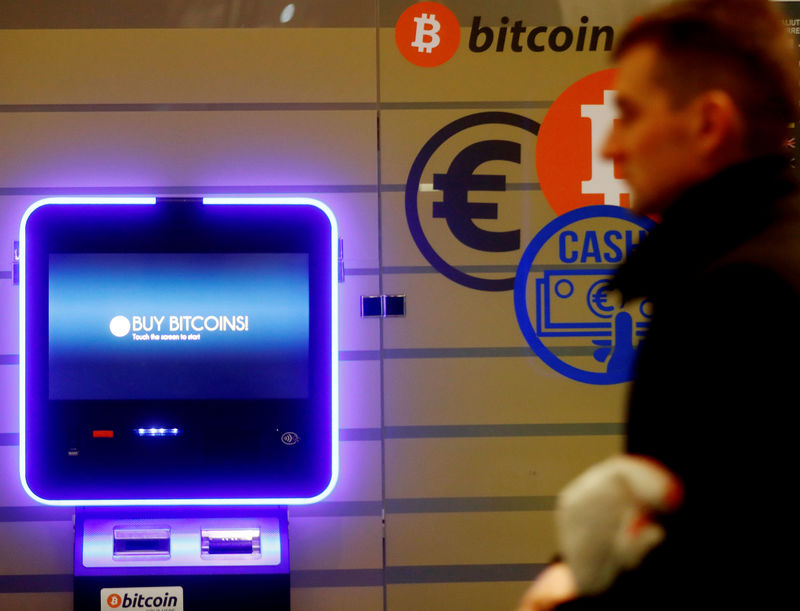February 10, 2025

Proton, a privacy and security-focused company, announced the widespread release of its self-custodial Bitcoin wallet across iOS, Android, and web platforms. This rollout comes after a successful early access program.
Proton, established in Switzerland in 2014 by a team of scientists from the European Organization for Nuclear Research (CERN), is best known for its encrypted communication and storage services, including Proton Mail, Proton VPN, and Proton Drive, boasting over 100 million user accounts.
The newly launched Proton Wallet enables users to purchase, store, and transfer Bitcoin with ease. It integrates features that allow sending Bitcoin through email and reinforces security using Proton's existing infrastructure. The wallet is tailored to be user-friendly, particularly for those new to Bitcoin, promoting its adoption as a payment method independent of centralized financial institutions.
Proton has been a proponent of Bitcoin since its inception, accepting the cryptocurrency for payments and donations. The company has also incorporated Bitcoin into its financial reserves, reflecting its commitment to the digital asset.
Proton's CEO, Andy Yen, emphasized the company's historical support for Bitcoin, recalling how it served as a crucial financial resource when PayPal (NASDAQ: PYPL ) temporarily blocked their crowdfunding campaign in 2014. Yen reiterated Proton's belief in digital freedom, which he said should include both privacy and financial autonomy.
The Proton Wallet was initially made available to members of the Proton Visionary plan in July of the previous year. This plan was designed for early backers of the company, who played a pivotal role in the launch of Proton Mail through their crowdfunding contributions. During the early access phase, over 100,000 users tested the wallet, which employs the same robust end-to-end encryption technology as Proton Mail.
Proton Wallet's design prioritizes transparency and user control. As an open-source platform, it invites external verification and audits of its security features. The wallet's self-custodial nature ensures that users maintain full control over their encryption keys, preventing any third-party access, including Proton itself.
In addition, the wallet's privacy measures include encrypting private data on users' devices and end-to-end encryption for Bitcoin transactions and messages, safeguarding users' transaction histories and balances.
A key feature of Proton Wallet is its simplicity in sending Bitcoin, likened to the ease of sending an email. The wallet manages the technical aspects of secure Bitcoin transactions in the background.
Users can send Bitcoin to any recipient with a Proton Wallet using just the recipient's email address, without the need for complex Bitcoin addresses. The wallet also enhances privacy by automatically generating new addresses for each transaction from a new sender.
While Proton Wallet currently supports only Bitcoin, the company has indicated the possibility of integrating other currencies, including fiat, based on user feedback in the future.